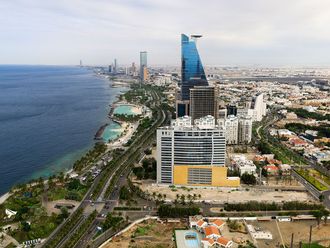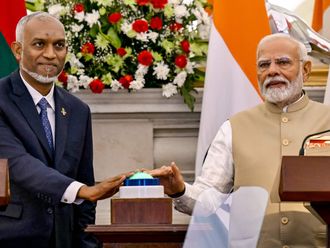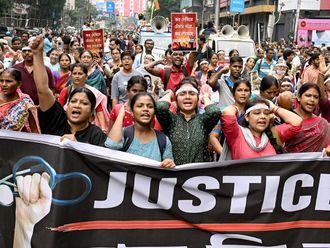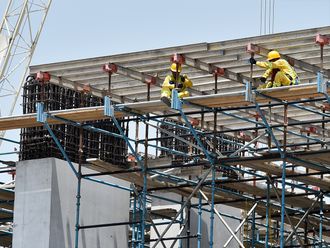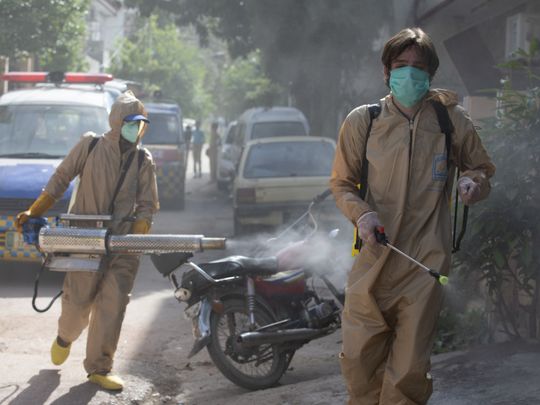
Islamabad: On Saturday, Pakistan announced 1,297 new cases, raising the total in the country of 220 million people to 18,114.
The increase coincides with increased testing. The government said more than 9,000 were conducted in the previous 24 hours. Prime Minister Imran Khan has set a goal of 20,000 per day.
Photos in newspapers showed large numbers of the faithful at Pakistani mosques and only some following social distancing rules. Khan’s government said it might ease controls, but doctors have pleaded for stricter lockdowns, warning an explosion of infections would overwhelm hospitals that have only 3,000 intensive care beds nationwide.
Late on Thursday, speaker of Pakistan’s National Assembly said that he had tested positive for COVID-19, after hosting an iftar dinner to celebrate Ramadan, and meeting Prime Minister Imran Khan and other high officials earlier in the week.
It is not immediately known if Khan will be tested, but he was checked in April, and tested negative, after meeting with the head of Pakistan’s biggest charity organisation, who was subsequently confirmed to have caught the disease.
Faisal Edhi had met Khan in the prime minister’s office.
Government’s handling
The National Assembly, the lower house of parliament, is currently in recess, though opposition parties have been calling for it to convene to discuss the government’s handling of the coronavirus outbreak in the country.
The decision on whether to convene rested with Speaker of the Assembly, Asad Qaiser, who on Thursday night revealed he had tested positive in the capital, Islamabad.
“I have quarantined myself at home,” Qaiser, who is also a close aide to Khan, said on Twitter. Qaiser met with the prime minister on Monday, and has met several other leading figures during the past few days.
Iftar with politicians
The speaker had hosted an Iftar, the evening meal to break fast during Ramadan, attended by politicians and dignitaries on Monday.
Daily detection of the virus has hit record highs on each of the last three days as the country ramps up its testing. The government says infections are well below projections and that it plans to further ease precautionary curbs after already opening dozens of industries and commercial activities, as well as mosque congregations.
Qaiser is the second high official to be infected in Pakistan after the Governor of the southern province of Sindh, Imran Ismail, tested positive on Monday.
Pakistan’s government agreed to allow mosque congregations after senior clerics and religious leaders threatened to violate restrictions during Ramadan.
The two sides worked out safety protocols for the mosque gatherings, but a social research organisation earlier this week reported that protocols were not being followed.
Prominent doctors pleaded with the government to reconsider the decision, warning that mosque congregations, which are typically larger in Ramadan, could lead to a spike in infections, with hospitals already nearing capacity.


